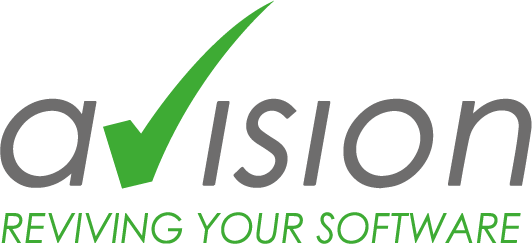Software development and time pressure naturally go hand in hand. If customers, the competition or the financial situation are behind the development team with a stopwatch, investments quickly flow into short-term solutions with a short time-to-market instead of into the long-term development of robust applications. The consequences are technical debts that are perfectly justified as a strategic concept – for example, to bring new functions to market before the competition. However, experience has shown that what appears to make business sense at first glance can be reduced to absurdity by a lack of will or ignorance when it comes to paying off the accumulated debt. The problem: while funds raised through loans are paid off through interest and principal payments, many companies turn a blind eye to the repayment of their technical debt.
Direct consequences include slower development speed, unstable applications, weeks of troubleshooting or simply unreadable code chaos. At the end of the day, those who simply let their projects continue to run at this point, following the motto “It still works” because it somehow works, pay a high price. On the one hand, this practice poses a major security risk, as many companies experienced in the Log4J disaster. Unclear code cobbled together at short notice is not a good basis for urgent bug fixing and quickly leads to very long days and nights in the IT departments. On the other hand, uncontrolled and unpaid technical debt creates an even more serious problem: if developers build further makeshift solutions around incomprehensible code instead of cleaning up existing projects from scratch, the complexity continues to increase – the technical debt now accrues compound interest.
How can this spiral be ended? Technical debt is the result of management decisions to invest where there is a need. However, once the application has been completed and launched on the market in the short term, in most cases the big forgetting begins – this is where we urgently need a rethink. Developers need the budget and time afterwards to tidy up the projects, make them readable, maintain documentation and upgrade the technology from short-term to long-term. The longer these steps are delayed, the more extensive and expensive they become. For this reason, companies need the equivalent of a clean desk policy for their projects instead of neglecting code that has already been successfully rolled out. In practice, this means: invest time, invest money. Clean up code and reduce technical debt instead of focusing on short-term solutions. Because just like a bank loan, debts do not disappear into thin air by themselves, but only active repayment leads to an improvement in the situation – and thus to readable code, easily expandable applications and more security.
This press release can also be found at www.pr-com.de/de/avision
Press contact
Avision GmbH
Christina Karl
Marketing
Bajuwarenring 14
D-82041 Oberhaching
Tel. +49-89-623037-967
christina.karl@avision-it.de
PR-COM GmbH
Melissa Gemmrich
Sendlinger-Tor-Platz 6
D-80336 München
Tel. +49-89-59997-759
melissa.gemmrich@pr-com.de


